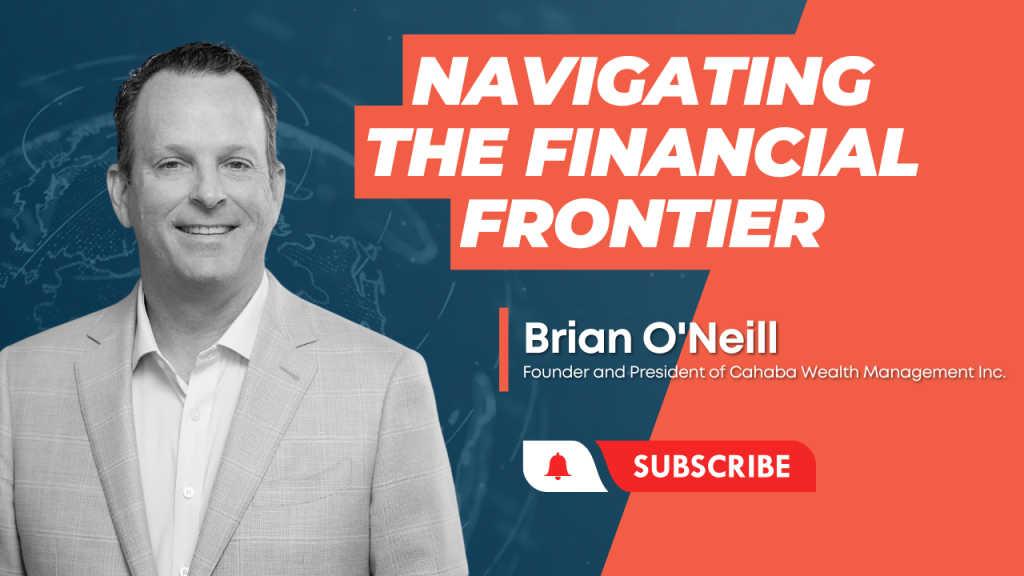10/2023
By Charlotte Disley
As we approach year-end, benefit enrollment is at the top of many of our “to-do” lists. It is likely that employers have started sending reminders to enroll in benefits for 2024, and we wanted to provide a “checklist” for some things to be on the lookout for to ensure you and your family are appropriately covered going into a new plan year.
- Take note of whether or not you are required to take action during open enrollment
It is not uncommon for current benefit elections to roll over, however, companies often reevaluate their benefit options each year and there is a possibility that insurance carriers and/or plans could change. When this is the case, it is likely that you will need to actively elect the new plans being offered.
- Compare important plan information
For your healthcare benefits, take a look at deductibles (costs that you are responsible for before insurance kicks in), co-pays/coinsurance (the amount you pay versus the insurance carrier) and out of pocket maximums (the maximum amount you will pay in a given plan year). If your plan is changing, it is also a good idea to check that your current providers are “in-network” with your new insurance carrier – staying in network often helps to reduce your cost for services!
- Check your eligibility for certain savings or spending accounts, such as a Health Savings Account (HSA) or Flexible Spending Accounts (FSA) for healthcare and/or daycare
Be sure to understand how these accounts work, including any contribution limits and their tax benefits. Even if your elections do rollover from last year, contribution limits for HSAs have increased for 2024, so you may no longer “max out” this benefit and therefore need to take action.
- Evaluate if your current coverage levels for different benefits still make sense
Open enrollment is a great opportunity to reassess if your current benefits remain suitable, or fill any gaps where other coverage might be lacking. This not only applies to healthcare plan elections; it is also pertinent to coverage such as life insurance, long term disability, and any other supplemental benefits your company may offer. For certain benefits, such as disability pay or life insurance, your company may provide a set level of coverage that is employer paid. However, supplemental coverage above and beyond this could work out to be more or less expensive in the marketplace. This is an area we often discuss with clients to ensure they are appropriately covered for their needs, in the most cost effective manner.
- Compare your current coverage to what is being offered next year
Even if providers and benefits are staying the same, insurance costs typically rise year over year. Keep an eye out for increased cost per paycheck so you aren’t caught by surprise in January when your take home pay has changed.
- Make sure you complete all the steps for your elections and print a confirmation statement for your records.
Outside of open enrollment periods, there are only certain situations where benefit elections can be changed. This might include starting a new job at a different company, or experiencing a life event such as getting married or having a baby. This is why it is so important to pay attention during the open enrollment period. If you think you made a mistake or missed the deadline to submit your enrollment, reach out to the designated contact within your company (likely the HR or Benefits teams) to see if there is anything that can be done to get this corrected.
Benefits are of great importance when it comes to our financial world, and not being properly covered can become burdensome in the case of having to cover large unexpected healthcare costs, or not having the appropriate life/disability insurance in place. Be sure to take note of any deadlines for enrollment, and try not to wait until the last minute. As always, we are available to answer questions you may have!
Charlotte Disley is a financial planning analyst in the Atlanta office of Cahaba Wealth Management, www.cahabawealth.com.
Cahaba Wealth Management is registered as an investment adviser with the SEC and only transacts business in states where it is properly registered, or is excluded or exempted from registration requirements. Registration as an investment adviser does not constitute an endorsement of the firm by the SEC nor does it indicate that the adviser has attained a particular level of skill or ability. Cahaba Wealth Management is not engaged in the practice of law or accounting. Always consult an attorney or tax professional regarding your specific legal or tax situation. Content should not be construed as personalized investment advice. The opinions in this materials are for general information, and not intended to provide specific investment advice or recommendations for an individual. Content should not be regarded as a complete analysis of the subjects discussed. To determine which investment(s) may be appropriate for you, consult your financial advisor.

